vc_row]
Topic: “Collective Reality and the Role of Individuality. Ethical Dimensions in the Reality-Constitution”
Abstract: The research project, “Collective Reality and the Role of Individuality. Ethical Dimensions in the Reality-Constitution” is basic research, but in several senses, it has applied aspects as well. The importance of the philosophical tendency of the question on the reality opens up in the phenomenological intention on the thing, during the analysis of its material and theoretical strata, but this reality-claim is formulated in the question on being, or in the hermeneutical question on the relationship between the social realities and the reality-theories of the phenomenology. The aim of the present research is to disclose the linkage between the philosophical description of the social and temporal dimensions of reality and the ethical and historical consequences of these philosophical dimensions.
The fundamental question of the present research is, how this thesis on reality appears in the practical ethical questions on reality as a philosophical question, and, whether there is a linkage between this ethical question on reality and the philosophy’s constitutional problem of the thing. It follows from this question, how the idea of the plurality of reality appeared in the 20th Century’s philosophical thinking.

